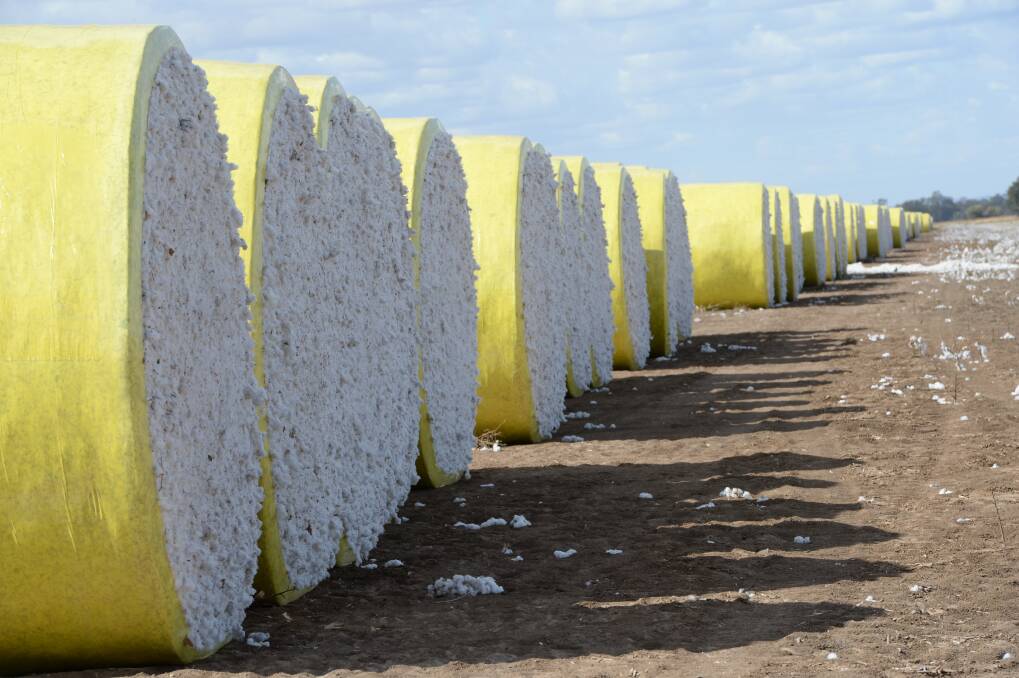
AGRICULTURAL groups have come out swinging at a push to have Australian cotton exports banned.
Subscribe now for unlimited access to all our agricultural news
across the nation
or signup to continue reading
Today (Monday) South Australian Centre Alliance Federal Government senator Rex Patrick unveiled a policy to ban cotton exports in response to last week’s controversial SA Royal Commission into the Murray Darling Basin.
Senator Patrick said the growing of irrigated cotton was not a good use of Australia’s scant water resources.
“We live on the driest inhabited continent on the planet yet are using our precious national water resources to produce a water intensive crop which we then export overseas so that foreign entities can profit making textiles and clothing,” he said.
However, Cotton Australia chief executive Adam Kay was quick to defend his industry.
The announcement today by the Centre Alliance that they will introduce legislation to ban the export of cotton is not only an attack on our industry, but a reckless attack on rural communities and hardworking Australian farmers,” Mr Kay said.
“Let’s call this announcement for what it: a dangerous political stunt.”
“Once again we are seeing some politicians, mainly those from South Australia where no cotton is grown, kick our hardworking growers in an attempt to score easy political points.
“These farmers are enduring one of the toughest droughts in our nation’s history and do not deserve to be targeted so unfairly. It must stop.
The National Farmers Federation (NFF) was also quick to point out that in the Royal Commission’s findings it said that irrigated annual crops such as cotton and rice, which have borne the brunt of heavy criticism for the woes of the Darling River in particular, should not be demonised.
NFF president Fiona Simson said it was important to give the MDB plan, drafted with bipartisan support at Federal Government level six years ago, time to function.
“The plan has always been a compromise, despite this it should be implemented,” she said.
“This is a once in a generation reform that corrects 100 years of overuse, and will take a generation to achieve.”
In regards to the Royal Commission, Mr Kay welcomed the comments by Royal Commission Bret Walker regarding public perception of cotton, but also expressed concern about some of the findings of the report.
“This very detailed report compiled by the Commissioner is long and intricate, and it will take time to fully assess the potential impact of the recommendations,” Mr Kay said.
“What is clear is that the findings and recommendations are based off a complex legal interpretation of the Water Act, and that the Commissioner views the environment as taking absolute precedence in the Plan.
“Our industry continues to support the Plan’s aim of providing balance for the environment, communities, and the economy.”
The National Irrigators Council had similar concerns.
Steve Whan, NIC chief executive, said he was concerned that the Commission had not taken into account the negative impacts on rural communities of water buybacks as part of the MDB plan
“The report seems to pick and choose which science it accepts and the science it dismisses. “


